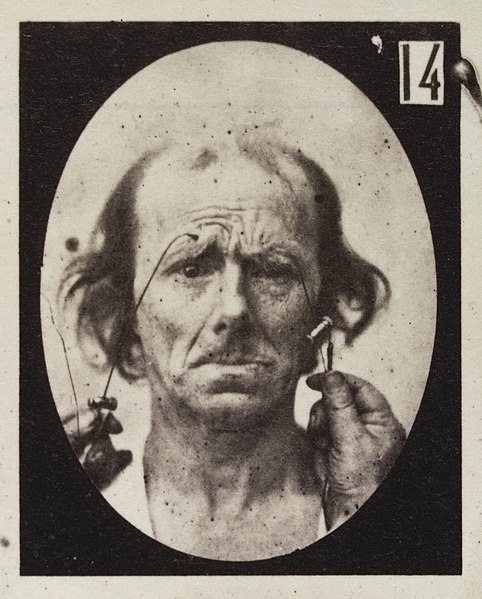- 2-minute read
- 19th October 2017
Word Choice: Dissatisfied vs. Unsatisfied
A prefix can make a big difference to a word. With ‘dissatisfied’ and ‘unsatisfied’, the distinction is quite subtle. Nevertheless, it is there. And if you want to avoid errors in your writing, you therefore need to know how these terms should be used.
Dissatisfied (Not Pleased)
The basic meaning of ‘dissatisfied’ is ‘not pleased’ or ‘frustrated’ with something. For example:
After the product recall, the company had many dissatisfied customers.
Essentially, we use this word when we feel like something isn’t as good as it could be. As a general rule, only people (or groups of people) can express dissatisfaction. This is an important factor in how this word is used, as we will see in a moment.

Image Credit: Wellcome Library, London.
Unsatisfied (Not Fulfilled)
Like ‘dissatisfied’, ‘unsatisfied’ can also be used when something is not good enough or fails to meet our expectations. It typically applies when something is insufficient or not enough:
The food was good, but it left her hunger unsatisfied.
Here, for example, the sentence suggests that the speaker was still hungry after the meal. This term can also be used more abstractly:
IBM spotted an unsatisfied demand in the market.
Find this useful?
Subscribe to our newsletter and get writing tips from our editors straight to your inbox.
In the sentence above, for instance, ‘unsatisfied’ doesn’t reflect the feelings of a particular person or group. Rather, it applies to a market demand in general.

(Photo: Boffy b/wikimedia)
Dissatisfied or Unsatisfied?
Although both terms are modifications of ‘satisfied’, it’s important to pick the right term for the situation. In some cases, there is little to choose between them (e.g. I might be ‘dissatisfied’ with a meal that leaves my hunger ‘unsatisfied’). But in others there is a difference.
The main distinction is that ‘unsatisfied’ specifically implies that something is incomplete or insufficient. ‘Dissatisfied’, on the other hand, can refer to something feeling generally wrong.
Another difference is that only people can be ‘dissatisfied’, while ‘unsatisfied’ can be used abstractly. For example, we could say ‘our desire was unsatisfied’ (i.e. our desire was not fulfilled), but we couldn’t say that it was ‘dissatisfied’ (i.e. our desire was displeased). Remember:
Dissatisfied = Not pleased with something
Unsatisfied = Unfulfilled, insufficient or incomplete